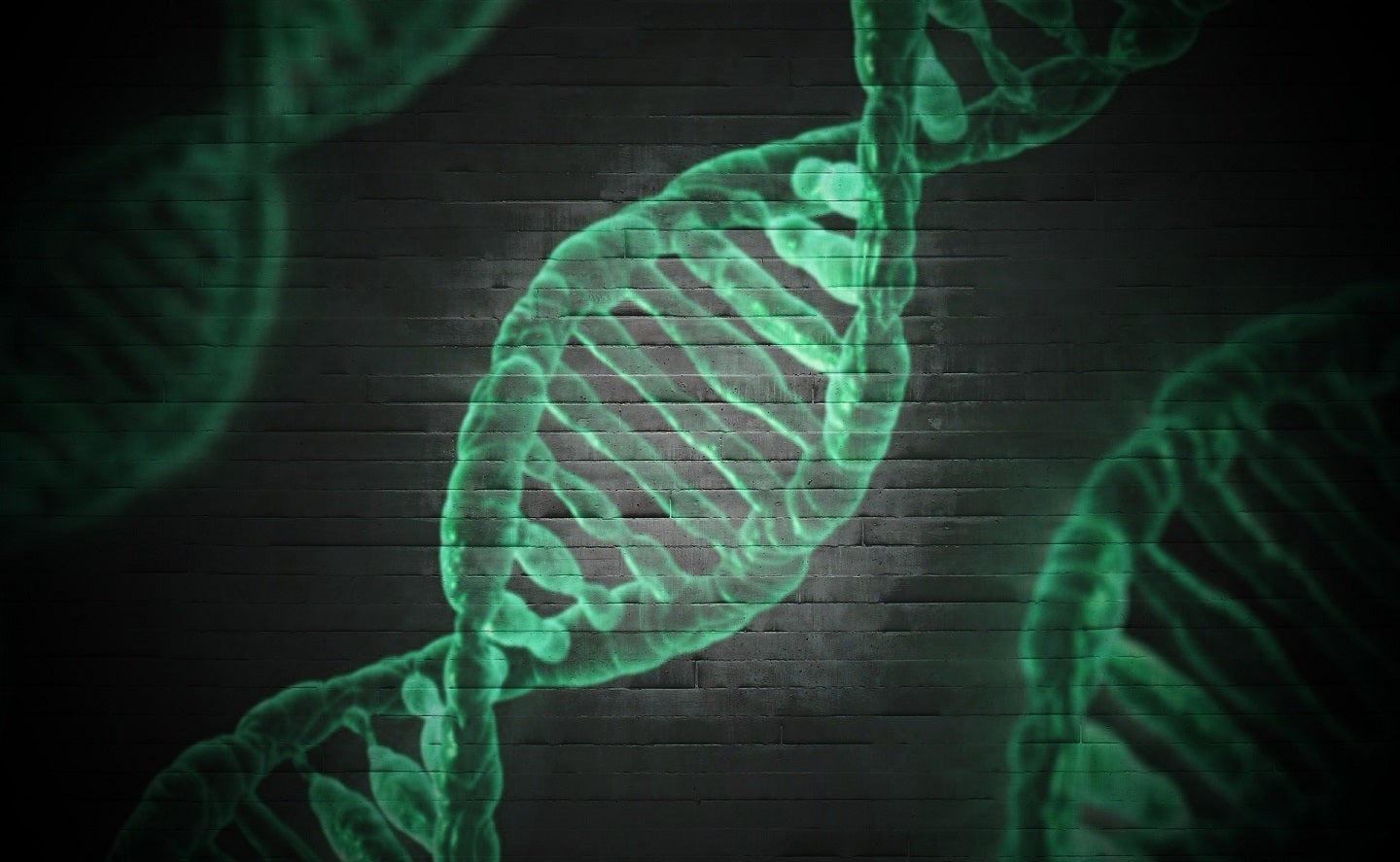

REGENXBIO has reported positive interim data from the Phase I/II trial of investigational one-time gene therapy, RGX-111, to treat severe Mucopolysaccharidosis Type I (MPS I).
Evaluating RGX-111’s safety is the trial’s primary endpoint.

Discover B2B Marketing That Performs
Combine business intelligence and editorial excellence to reach engaged professionals across 36 leading media platforms.
Biomarkers of IDUA enzyme activity in the cerebrospinal fluid (CSF), serum and urine, neurodevelopmental evaluations, and caregiver reported outcomes are some of the secondary and exploratory endpoints of the trial.
In the trial, participants were treated across two dose cohorts, 5.0×1010 genome copies per gram (GC/g) of brain mass, and 1.0x1010GC/g of brain mass.
A severe MPS I patient was given 1x1010GC/g of brain mass in the single-patient Investigational New Drug (IND) trial for RGX-111.
According to the findings, RGX-111 continued to be well-tolerated across the two dose levels, and there were no drug-related serious adverse events observed in the trial.

US Tariffs are shifting - will you react or anticipate?
Don’t let policy changes catch you off guard. Stay proactive with real-time data and expert analysis.
By GlobalDataPositive IDUA biomarker activity was observed in the central nervous system (CNS) after giving RGX-111 one-time in the Phase I/II trial and the single-patient IND.
Decrease in CSF Heparan sulfate (HS) was observed through the last timepoint available in most the patients after receiving RGX-111 in the Phase I/II trial.
REGENXBIO president and CEO Kenneth Mills said: “RGX-111 is our second-most advanced clinical candidate in our neurodegenerative disease pipeline and is part of our ‘5x’25’ strategy to have five gene therapies either on the market or in late-stage development by 2025.
“We are encouraged to see that this potential one-time gene therapy using our NAV AAV9 vector continues to demonstrate compelling evidence of CNS biomarker activity.
“In connecting with MPS I families, we understand the need for new treatment options that can impact daily living, and we’re pleased to see that most patients in this trial demonstrated continued skill acquisition across multiple neurodevelopmental assessments.”
Cell & Gene therapy coverage on Clinical Trials Arena is supported by Cytiva.
Editorial content is independently produced and follows the highest standards of journalistic integrity. Topic sponsors are not involved in the creation of editorial content.


